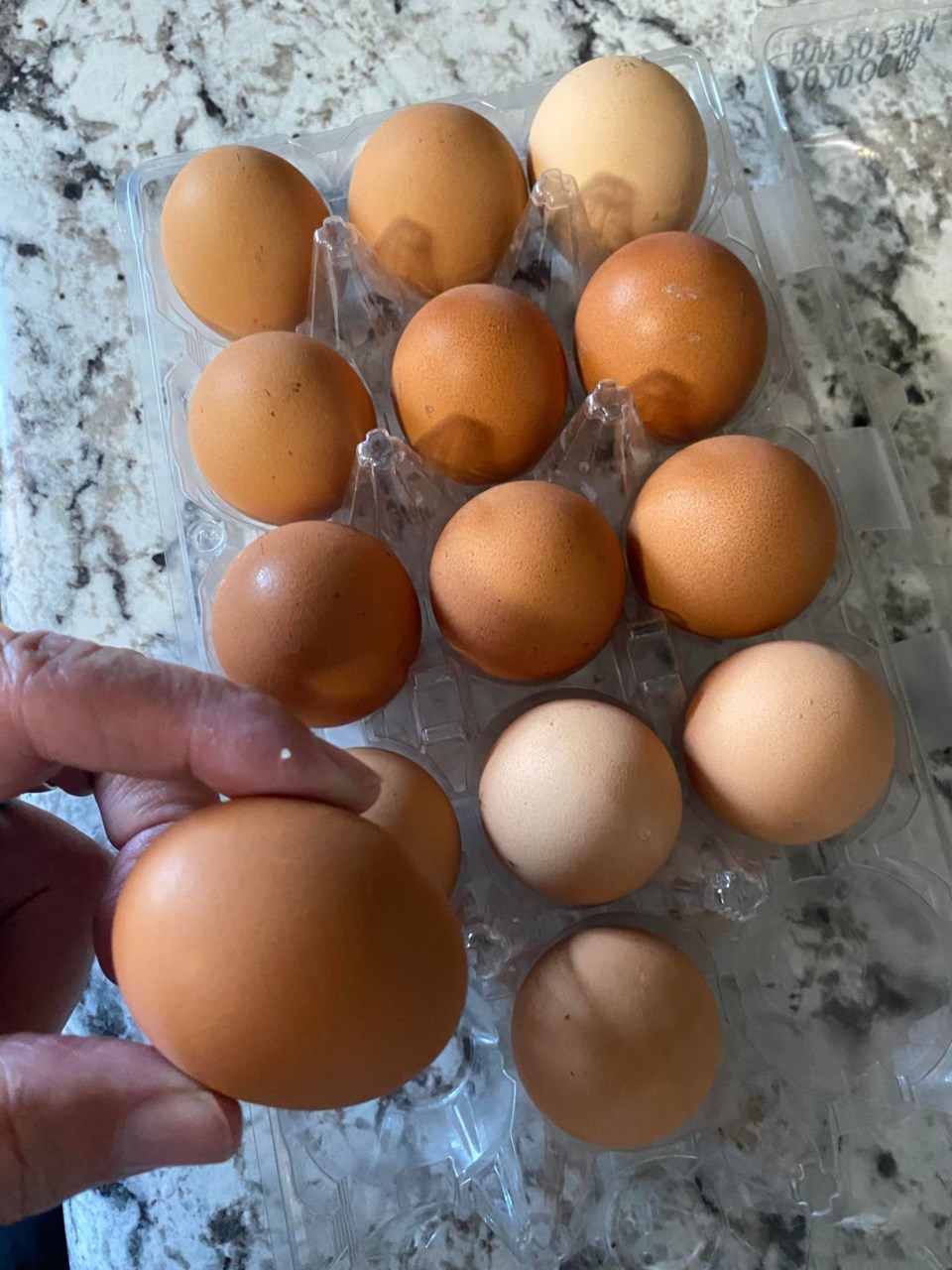YORKTON - It was an ‘egg-citing’ time for one Yorkton family at the regular meeting of Yorkton Council.
Rachel Gregoire appeared before Council to ask for permission to have a small flock of five backyard laying hens. It was a request the Council of the day had heard more than a decade earlier, scrambling the hopes of the petitioner at that time.
Gregoire came to the meeting with a letter she shared with Council, noting “Across Canada there are many large urban centers that allow backyard flocks for their residents including Red Deer, Edmonton, Vancouver and Niagara Falls. I was legitimately surprised to learn that Saskatchewan and Manitoba are the only provinces in Canada that do not regularly allow urban backyard flocks.” She called the situation ironic given the city’s agriculture heritage.
Gregoire then asked Council to take the lead among Saskatchewan municipalities.
“If Yorkton is truly open for business and progressive, it’s time to consider that hens are part of a diverse and changing urban landscape that makes accommodations and acceptance for citizens who are invested in food sovereignty and want the most local food around- from our own yards,” she said. “. . .We can beat Manitoba in this and even Regina in boldly saying yes to the rhythmic clucking mid-day in some of our yards.”
The ideas of a few backyard hens is good on several levels, said Gregoire.
“I recognize that a good manager has to have good math to make good decisions so let’s begin looking at some numbers. All cities have to create systems and initiatives to deal with the garbage we all create. The National Zero Waste Council indicated that in 2022, on average a family throws away 140kgs of food each year, working out to about six cups a week. Chickens are omnivores meaning they will eat nearly everything! One chicken will eat 1.5 pounds of food per week; they would eat the ticks in the run, the dandelions I pull from my lawn, the watermelon my daughter didn’t finish, the sad bag of coleslaw dying in the fridge, the forgotten cheese sticks in a lunch kit from school. You get the idea- chickens are the ultimate waste management system at a household level. In turn, we would receive an ethically free source of protein for our family on our property.”
But this time around Council was quick to agree to the hens – at least on a trial basis.
While acknowledging there are concerns for some, most are unfounded, suggested Gregoire.
“The most common concerns people question about backyard flocks are noise, smell and the waste,” she said.
Gregoire then addressed the concerns.
“Chickens cluck, most commonly after laying an egg. Roosters do not make good city citizens for obvious reasons and no city dweller, including me, wants one. Hens are quieter than barking dogs and much quieter then my three children on the trampoline. Laying hens at their loudest have about the same decibel level as human conversations, which is 60-70 decibels. Can you hear your neighbor’s conversations on their back deck next door? If all is peaceful, likely not . . .
“The experience of other cities is that urban chicken owners are good neighbors, cleaning regularly and using sawdust, diatomaceous earth and regular maintenance to keep smells at bay . . .
“Next, the manure concern. A typical hen weighing four pounds will produce four ounces of waste per day; ½ cup. For comparison, a dog who eats two cups of food per day, will likely produce 16 ounces of feces per day, two cups. Previously we owned two large dogs, creating over one litre of waste per day to our OSS black bin! Having a small flock in a coop against the back alley is going to be a breeze, like owning s small dog! Also, with dog and cat manure it is advised to not use it in composting for garden/lawns however, chicken poo is highly recommended for “black gold” because it puts nutrients back into the soil after being composted for 5-6 weeks.”
The request was met with immediate support.
While Nicole Baptist, Bylaw & Safety Supervisor with the city had produced a memo on the request citing five reasons not to approve the request, and listing four possible options for Council the first of which was to deny the request.
But before a motion to just file the memo was made Councillor Chris Wyatt had moved option three to “Approve the request for harbouring urban chickens at this particular residence as a pilot ending September 1, 2025, on the condition that an agreement between the property owner and the city with specifications on responsible management of urban chickens be prepared and executed.”
That motion would carry.






